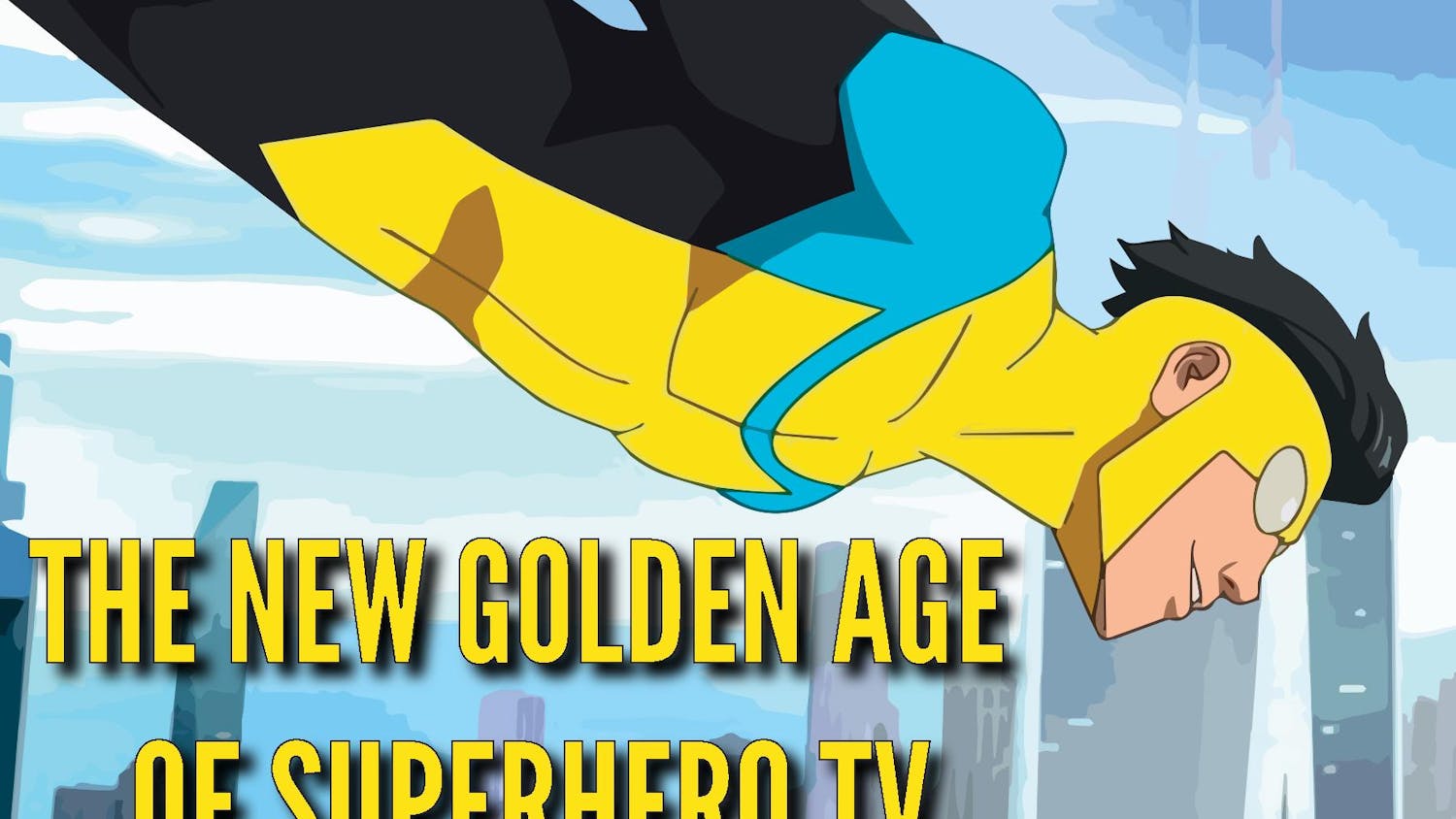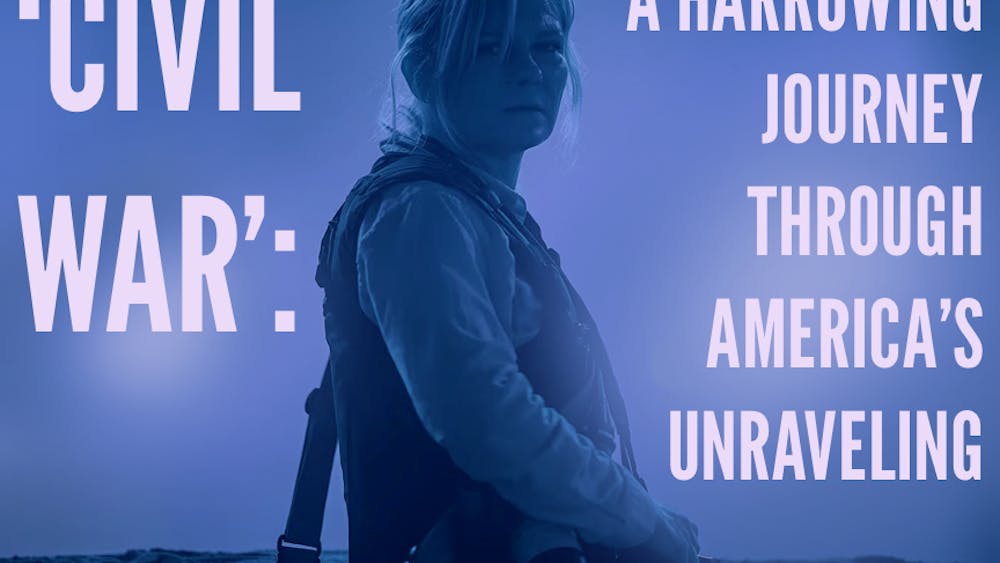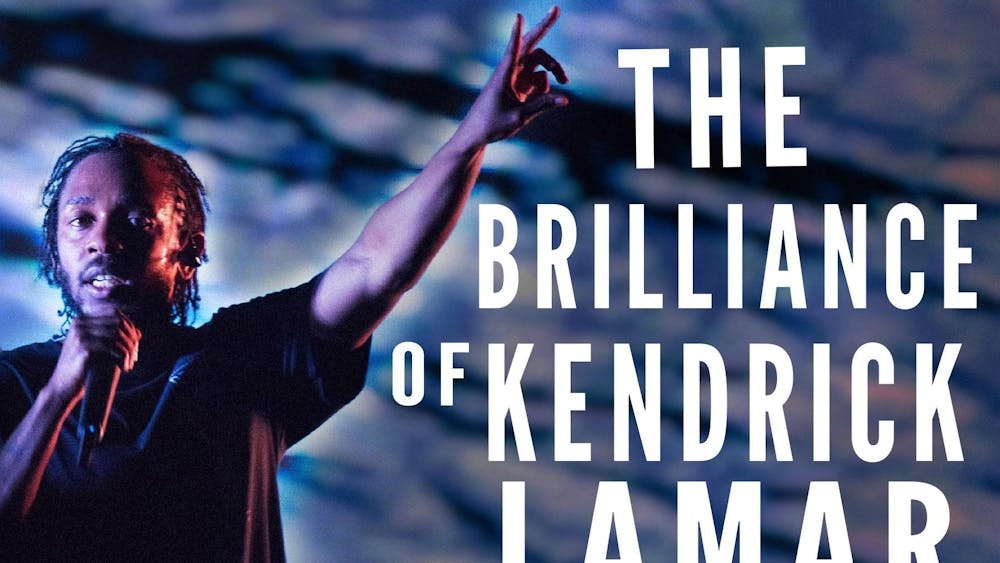
For the most part, those following “The Fappening,” as it was wryly named, met the phenomenon with very mixed feelings — yes, even us men were confused as to how we felt about this heap of stolen, pixelated goods. In an age where we are getting more and more attached to our online profiles, timelines and photo streams (and losing touch with our social awareness, current events and basic human interactions), it was a moment of startling clarity, to say the least, as to how little separation there is between our “offline” and “online” lives.
On the one hand, let’s just call a spade a spade: these are racy, edgy and almost irresistibly tempting pictures of some of the biggest names in Hollywood, some of which make their entire careers by just creating and maintaining an aura that oozes sex appeal and seduction. And with the release of these hacked pictures, society discovered how to demythologize these celebrities: by abruptly and, without warning, confiscating their robes of privacy and allowing the whole world to see what was meant for private eyes only.
On the other hand, people were starting to become slightly worried, even if it was in the context of a brief hypothetical conversation with a friend. "What if someone were to hack my pictures? If I could do that to all those celebrities, what’s to stop people from getting mine? What would they find?" But at the end of the day, the focus went back to the celebrity nude pictures. And these were hot pictures — hot in the sense that they were being passed around and spread like wildfire with every retweet — so hot that people got caught up in the thrill of seeing it all, having the ability to see what these celebrities are truly like when they no longer have to be professional.
Then the sequel to “The Fappening” happened this past weekend. Spooky Ghost was at it again, releasing even more stolen nude pictures. However, this time the online reception was less than welcoming. As quickly as it appeared, the site Reddit instantly banned “The Fappening 2,” a reflection of users’ collective disapproval to the invasion of privacy. Twitter users across the board acknowledged that this is bigger than just a few celebrities having their private pictures leaked to the public. What was being written off as a total joke or another trivial provocative moment in a star’s career in many peoples’ eyes is now being taken at face value — a complete disregard for someone’s privacy and lack of respect for how they conduct their personal lives outside of the public eye.
It is encouraging to see that many people are disturbed and opposed to such a phenomenon like “The Fappening.” Emma Watson recently came out to speak at the U.N. Now conference, giving her “HeForShe” speech in which she challenged men to also advocate for gender equality and fairness, saying that both sexes can benefit from a mutual respect for each other. And from a general sweep of the Twittersphere and the various blogospheres, it’s safe to say that many people, guys and gals, have taken up the challenge. In an age where our entire lives can be exposed to the public if a hacker chooses to doom us, it’s comforting to know that the public has shown their intolerance for this breach in such a basic right to privacy, no matter to what degree. Voices are being heard through media such as Twitter and various blogs, and in doing so are asserting that people are and will continue to stand for each other.













